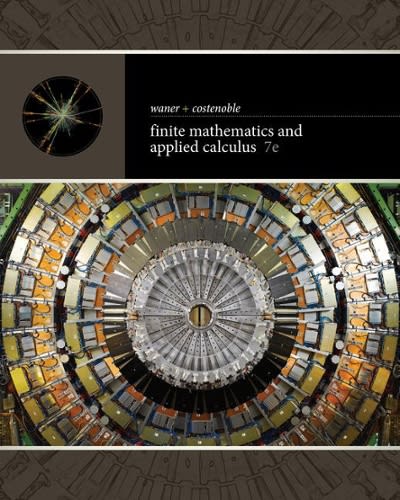Question
A school psychologist is interested in whether a particular remedial math training program helps improve students' math skills. He randomly assigns 18 students to one
A school psychologist is interested in whether a particular remedial math training program helps improve students' math skills. He randomly assigns 18 students to one of two groups: remedial training or no intervention. At the end of the training program, he administers a 100 point math test to all students, and counts the number of errors made by students in each group. These data (number of errors per student) are shown below.
NO INTERVENTION REMEDIAL TRAINING
18 12
15 6
17 8
13 13
15 12
19 6
22 10
19 7
20 11
SS1 = 64.22222 11 SS2 = 60.22222
X1 = 158 X2 = 85
(a) What type of t-test should be used?
(b) What is the null and alternative hypotheses
(c) State your df AND critical values of t, with =.05; assume a two-tailed test
(d) Calculate t
(e) State whether or not the null hypothesis should be rejected
(f) Give a brief sentence summarizing the outcome of this null hypothesis test in terms of the research question.
Step by Step Solution
There are 3 Steps involved in it
Step: 1

Get Instant Access to Expert-Tailored Solutions
See step-by-step solutions with expert insights and AI powered tools for academic success
Step: 2

Step: 3

Ace Your Homework with AI
Get the answers you need in no time with our AI-driven, step-by-step assistance
Get Started


